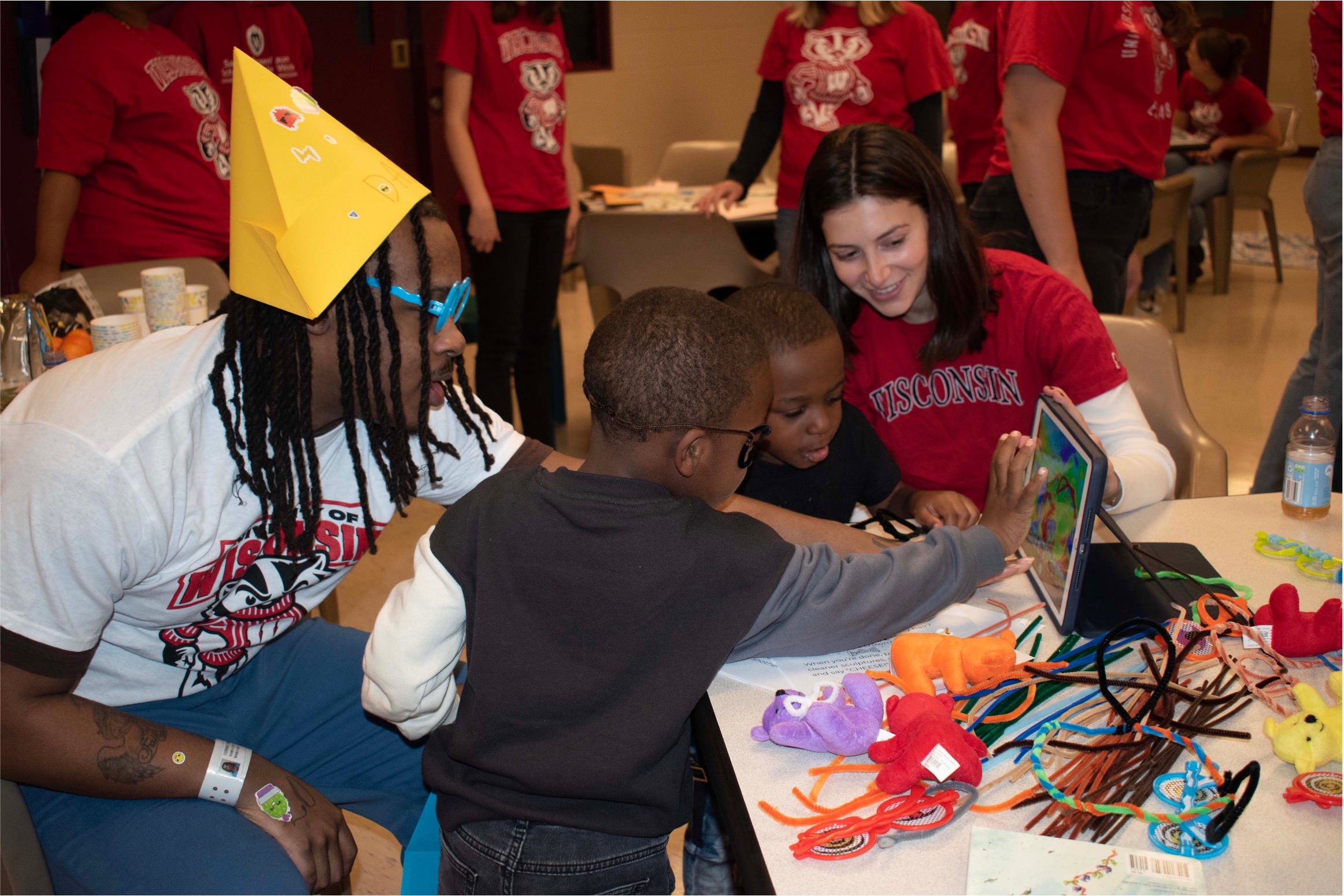Stressors associated with parental justice system involvement
Please sign in or create your account in order to access this material.
- Secrecy around a parent’s arrest and incarceration is common in the US and around the world because parental justice involvement is so stigmatized
- Children’s at-home caregivers play an important role in communicating with children about the parent’s absence
- Sometimes caregivers engage in what is termed “compassionate deception.” In an attempt to protect children from stigma associated with a parent’s incarceration, adults make up a story about where the parent is, such as the parent is at work, in the military, in a hospital, or at school
- This occurs more frequently when children are very young
- Although compassionate deception might initially be easier to communicate to children, it often leads to more questions that are difficult to answer such as “why can’t I visit my parent?” or “why doesn’t my parent visit me?”
- In several small-scale studies, adult use of compassionate deception related to less attachment security between children and their caregivers and less positive visiting experiences
- Usually children find out about the parent’s arrest or incarceration directly or indirectly from family members or at school
- There are books and other materials that can help caregivers and other adults talk with children about a parent’s arrest or incarceration in a sensitive way
- Sometimes caregivers engage in what is termed “compassionate deception.” In an attempt to protect children from stigma associated with a parent’s incarceration, adults make up a story about where the parent is, such as the parent is at work, in the military, in a hospital, or at school
- Visiting in some corrections settings—such as when a barrier separates the parent and child– can be challenging for children
- Young children do not understand why they can’t touch their parent
- It is difficult to hear the parent
- Young children spend time watching other visits rather than participating
- Long wait times are associated with children’s behavior issues during visits
- Child-friendly visits, when there is parent-child physical contact, activities, snacks, and supportive adults present, is a positive way for children to visit with their incarcerated parents (prisons are more likely to offer such visits than jails)
- Remote video visits, when a child stays at home and can chat with the parent through a tablet, computer, or phone, is a positive way to connect as a supplement to in-person visits. Click on this link to read more

Course Syllabus
Not Enrolled
